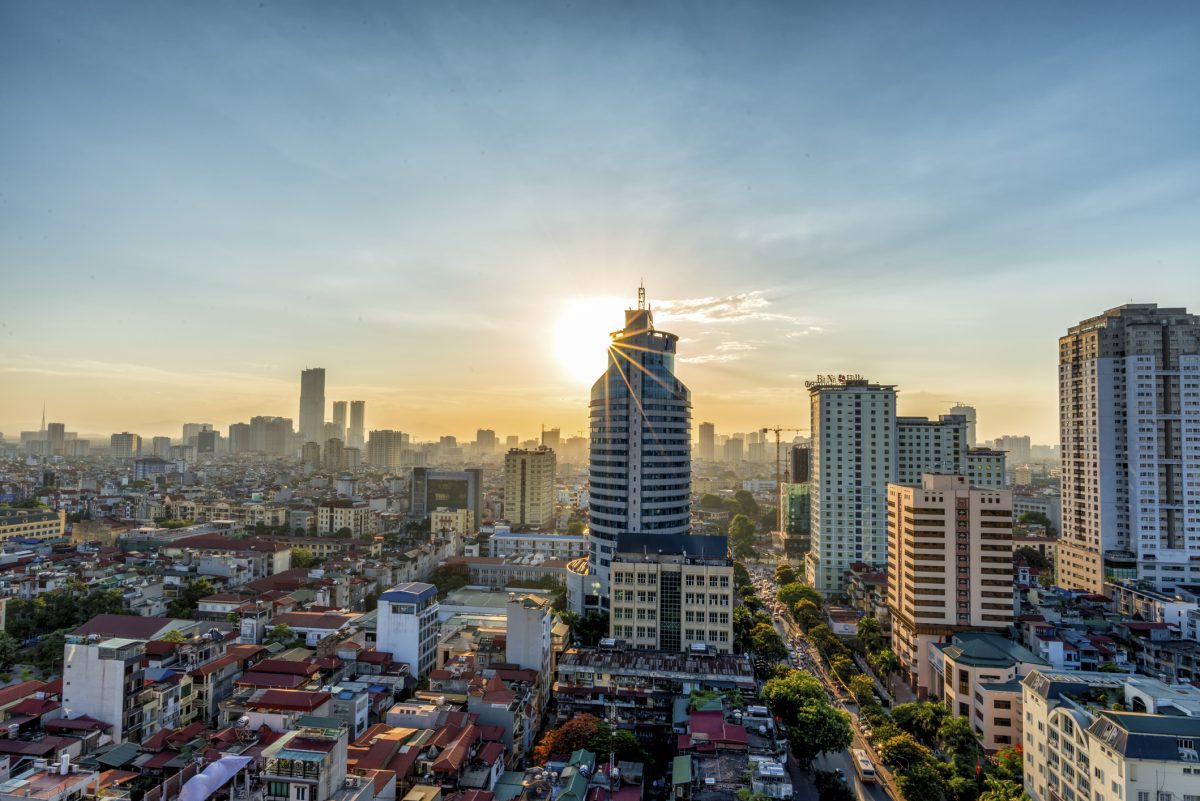Chancellor visits Vietnam and Singapore. Germany aims to strengthen economic ties with Indo-Pacific region and reduce dependence on China.
German Chancellor Olaf Scholz was on a state visit to Vietnam on Sunday and traveled on to Singapore on Monday. There, he will take part in the 17th Asia-Pacific Conference of German Business together with his Economics Minister Robert Habeck. The expansion of sales markets, supply chains, sources of raw materials and production sites is a key concern of the trip.
As a consequence of the Russian invasion of Ukraine, renewed dependencies on individual states or suppliers must be avoided, Scholz said. China in particular is the focus here. Germany is almost 100 percent dependent on imports of rare earths and electronic components such as photovoltaic modules from the People’s Republic. On his recent trip to China, Scholz emphasized that the country remains an important economic and trading partner, but in view of the political developments there, the way in which Germany deals with it must also change.
Plenty of Potential for New Rare Earth Sources in Southeast Asia
Southeast Asia could play an important role in building new, resilient rare earth supply chains. Vietnam, for example, is estimated (PDF) by the United States Geological Survey (USGS) to have large, mostly untapped deposits of the critical raw materials needed for green technologies such as electromobility and wind power. According to Scholz, initial discussions on possible uses of these mineral resources were held during his visit. He called the free trade agreement between the European Union and Vietnam, which has been in place since 2020, a good basis for deepening economic relations.
However, speaking to Handelsblatt, German business representatives criticized the fact that the EVIPA investment protection agreement between the two partners was still stuck in the ratification process, which had led to a “loss of confidence” on the Vietnamese side. EVIPA was signed back in 2019, coinciding with the free trade agreement.
Meanwhile, other countries in the Indo-Pacific region offer potential for alternative commodity supply chains. In addition to China, producers of these commodities in Asia include Myanmar and Thailand, and to a lesser extent India, according to USGS. China itself meets much of its needs through rare earth imports from Myanmar. As we reported, Indonesia is also planning to develop its own rare earth industry.
Raw Materials: Study Reveals Germany’s Dependence on Imports
The great extent of Germany’s dependence on raw materials was recently revealed in a study by the Ministry of Economics, reported by the Tagesspiegel. According to the study, the Federal Republic has to import 39 of 46 strategically important raw materials. The pressure to act is great, said Franziska Brantner, Parliamentary State Secretary in the Ministry of Economics. She is accompanying Scholz on his trip to Asia and wants to develop a more active state raw materials policy.
Photo: iStock/trocphunc


